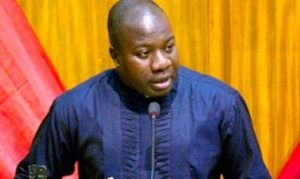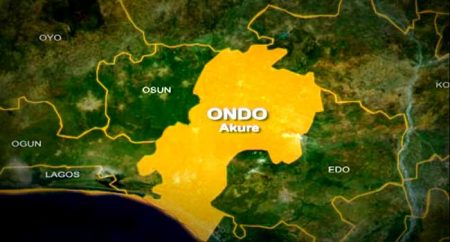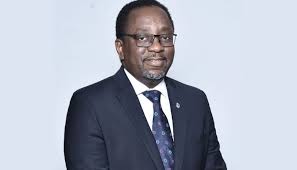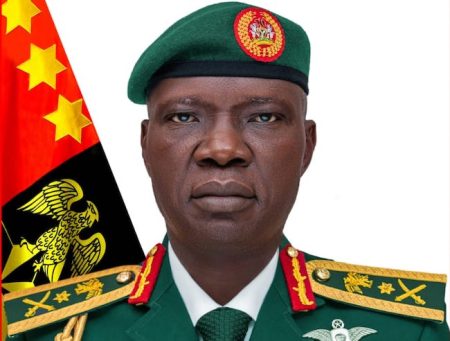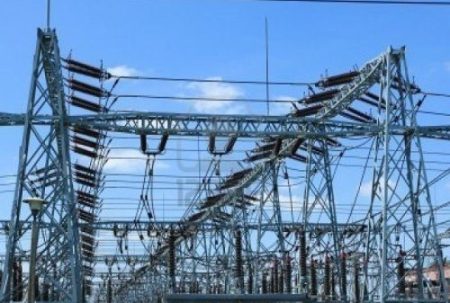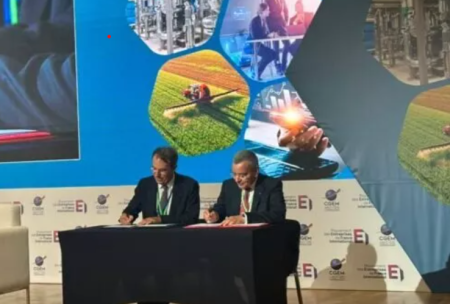Super Eagles captain Ahmed Musa has expressed grave disappointment with the officiating of the Nigeria Premier Football League (NPFL), calling the referees “moral killers” after a controversial incident during the match between Nasarawa United and Kano Pillars. The match, held at the Lafia City Stadium, ended in a narrow 1-0 defeat for Kano Pillars, a result that Musa attributes to glaring errors made by the officiating crew, including centre referee Dahiru Muhammed Kawo and assistant referee Abdulmajid Sani Potiskum. According to Musa, the officials failed to properly assess a goal scored by Nasarawa United where two players, including the eventual scorer, were visibly in offside positions.
Musa, a player with a distinguished record as Nigeria’s all-time FIFA World Cup goalscorer, initially had a positive outlook on the officiating in the league and had even praised its progress. However, the events of the Matchday 9 game have caused him to reevaluate his position. He lamented that the performance of the match officials has led him to question his decision to return to the NPFL after his stint abroad with clubs like Leicester City. Musa’s comments reflect a broader concern regarding the standards of officiating in Nigerian football and how these standards may dissuade other prominent players from returning to the league.
The concern raised by Musa is not merely personal; it carries implications for the future of the NPFL. He warned that if such subpar officiating continues, it could deter other Super Eagles players from considering a return to the league as they pursue the final chapters of their careers. By highlighting this issue, Musa emphasizes the potential loss to the domestic league overs the possibility of revitalizing it with experienced players. The lack of consistent and fair officiating, he argues, could ultimately waste the efforts of those committed to improving the league’s reputation.
Musa’s intentions for joining Kano Pillars were clear: he aimed to help elevate the NPFL to a level comparable to European standards. He was disheartened, however, to find that the officiating displayed during the match he participated in did not live up to such an aspiration. His remarks underscore a critical concern that the current status quo of officiating does not reflect the seriousness required for a league aspiring to gain international recognition. Musa’s commitment to making a change is admirable, yet he recognizes that without significant improvements in officiating standards, those efforts may be in vain.
Usman Abdallah, Technical Advisor for Kano Pillars, echoed Musa’s frustrations, particularly questioning the lack of transparency surrounding the live broadcast of the match. The game was supposed to be aired by StarTimes, yet the last-minute cancellation was not communicated, leaving both teams and their supporters in the dark. Abdallah’s comments further highlight the systemic issues within the NPFL, where deficiencies in officiating and communication can undermine not only the game’s integrity but also the league’s reputation.
As Kano Pillars prepares for their upcoming match against Plateau United, the fallout from this incident is expected to reverberate within the league. Musa’s outspoken criticism, backed by the support of his club’s technical staff, underscores the pressing need for improvement within the NPFL. They are calling on the league’s governing bodies to take decisive action to ensure that officiating reaches a standard that can support the league’s growth and retain the interest of both players and fans. The future of the NPFL may well depend on addressing these concerns, as league officials work to restore confidence in the system and encourage talent to thrive domestically.


